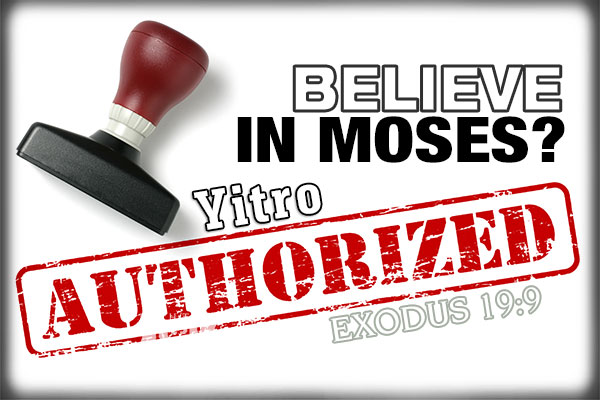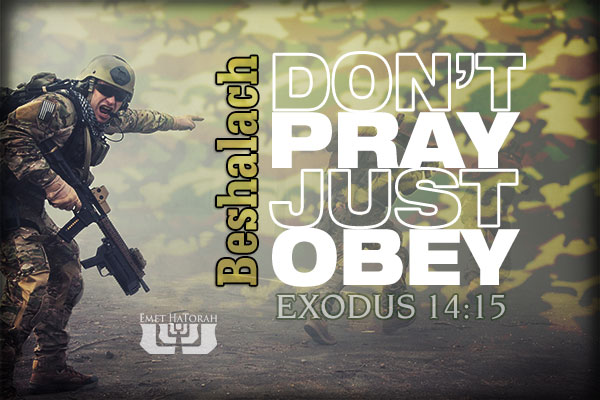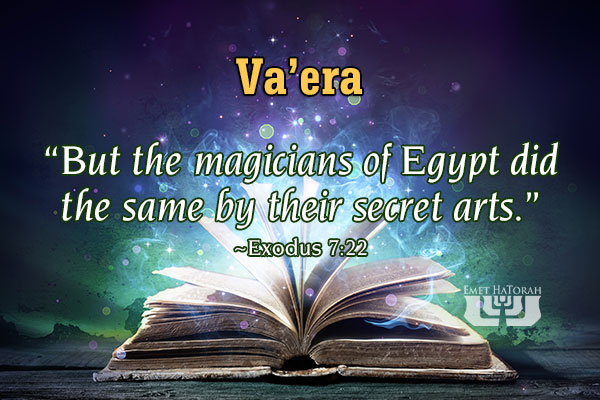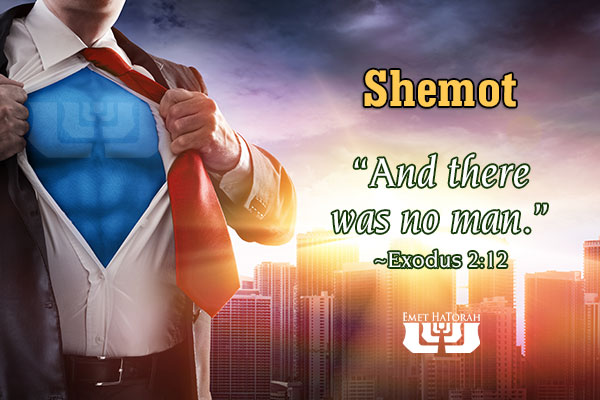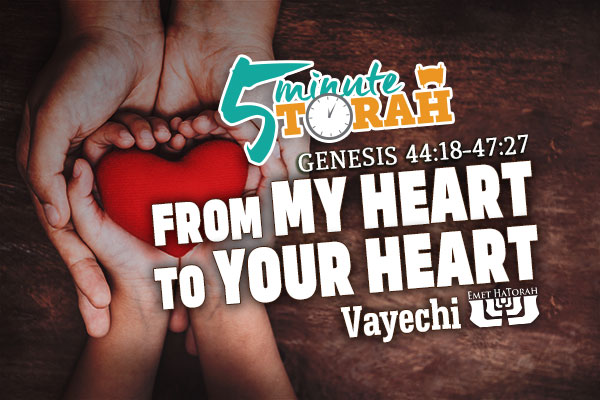Believe in Moses?
This week’s parashah is one of the most pivotal in terms of human history. In this parashah, the Creator of the Universe begins to reveal Himself in a manner previously unknown to mankind. It is the pinnacle of the Exodus, and the very reason He delivered His people from Egypt. Hashem delivered the Children of Israel from the bondage of Pharaoh in order to bring them to this moment. It was on Mount Sinai that the Lord called Moses and commissioned him to lead the Children of Israel out of Egypt. And now it was from Sinai that God would reveal Himself and His divine will to His people. His voice would be heard for the first time by an entire people. And for the first time He would call an entire people to Himself as a nation that would be set apart from all other nations on the face of the earth.

